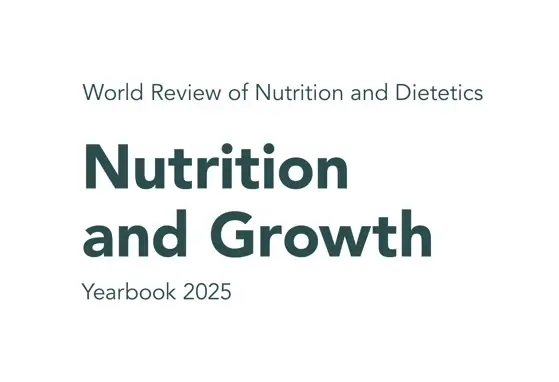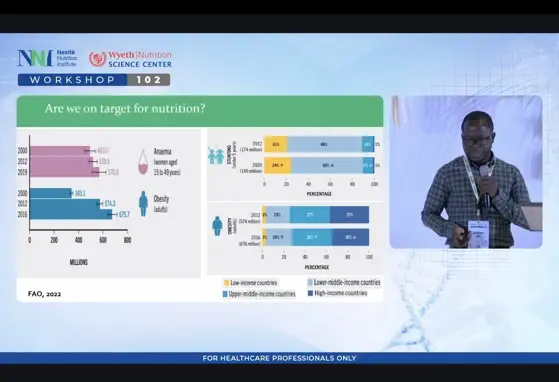Iodine deficiency: No longer just a third-world issue, warns study

The re-emergence of iodine deficiency in some industrialised countries has raised concerns over the public health implications and the need for fortification or supplementation programs. While much progress has been made to reduce the global incidence of maternal iodine deficiency during pregnancy and lactation, recent studies have identified low maternal iodine status even in areas thought to be iodine sufficient, according to new data published in Nutrients.
Researchers from the University of Surrey, UK, and the Hospital de Riotinto, Huelva, Spain, noted that maternal iodine deficiency during pregnancy and lactation and childhood deficiency during the first two years of life, are widely recognised as having negative cognitive consequences including impaired speech development, learning and reading skills.
The team also identified the emergence of a new scenario whereby impaired cognitive outcomes are augmented by behavioural disorders such as autism or attention-deficit/hyperactivity disorder (ADHD). Recent evidence has indicated an increased risk of ADHD in the offspring of mothers with abnormal serum thyroid hormone concentrations during early pregnancy.
“Iodine is most critical in the early stages of development, as the foetal brain is extremely dependent on iodine supply and cannot be replaced by any other nutrient. So an adequate iodine intake in pregnancy is needed to achieve optimal foetal neurodevelopment,” commented co-author Dr. Inés Velasco from the Paediatrics, Obstetrics and Gynaecology Unit, Hospital de Riotinto.
Laboratory studies have shown that iodine deficiency leads to irreversible disturbances in the cellular structure of the brain’s cerebral cortex, explained the researchers. These disturbances cause abnormal migration of neurons, which is in turn associated with cognitive impairment.
Industrialised countries
Perhaps the most surprising finding was that the perception of iodine deficiency only being a problem in certain areas, or in impoverished conditions, was no longer the reality.
“For years, it was believed that iodine deficiency was a problem restricted to certain geographic areas and high-risk conditions (poverty, malnourishment) but this is not valid anymore,” explained Velasco.
“Although the most severe clinical features of perinatal iodine deficiency have been progressively eradicated through salt-iodisation programmes and public strategies of iodine supplementation or fortification, the re-emergence of iodine deficiency in some industrialised countries has reawakened concern about the cognitive consequences of this deficiency,” she continued.
Continuing education needed
“It is important to elucidate the contribution of iodine deficiency to these emergent public health issues,” said Velasco.
“As researchers, we certainly must disseminate the significance of an adequate nutritional iodine status at the beginning of life and throughout the childhood in order to achieve optimal neurodevelopment.”
In order to eliminate perinatal iodine deficiency may require a broad collaborative approach from numerous stakeholders, suuggested Velasco.
“Iodine deficiency remains as a public health problem worldwide and also requires a serious commitment from health authorities to be eradicated."
“Multidisciplinary approaches (scientific community, health care system, public institutions) are needed to guarantee an adequate iodine intake in the most vulnerable populations groups (pregnant women and children under age of 2)," she concluded.
Source: NutrientsVolume 10, issue 3, article 290, doi:10.3390/nu10030290
“Iodine as Essential Nutrient during the First 1000 Days of Life”
Authors: Inés Velasco, Sarah C. Bath and Margaret P. Rayman
If you liked this post you may also like



Nutrition for infants with bronchopulmonary dysplasia: can individualised nutrition be the answer?

Food, planet and health: A complex equation to solve